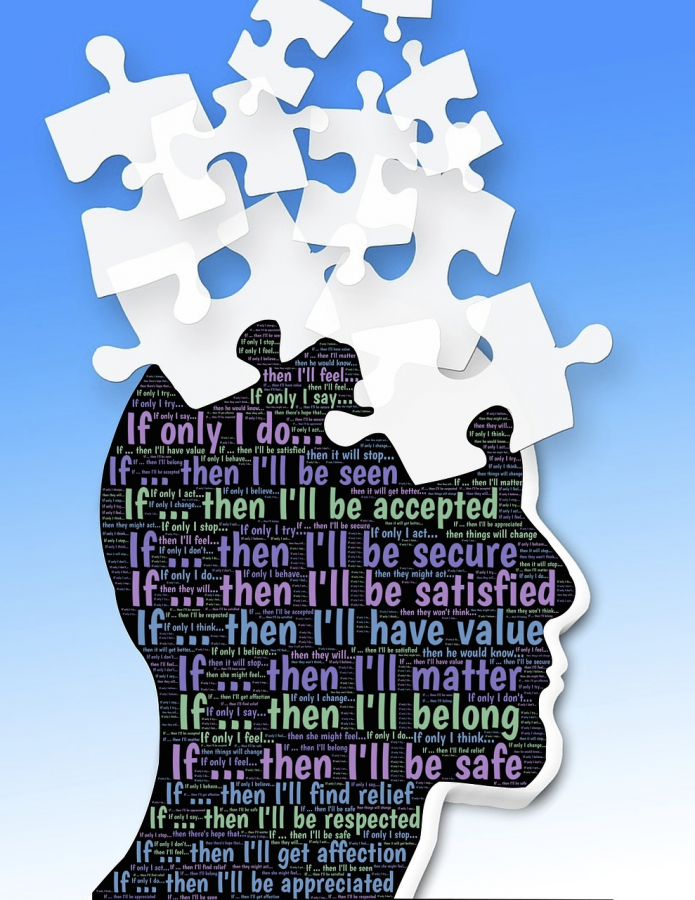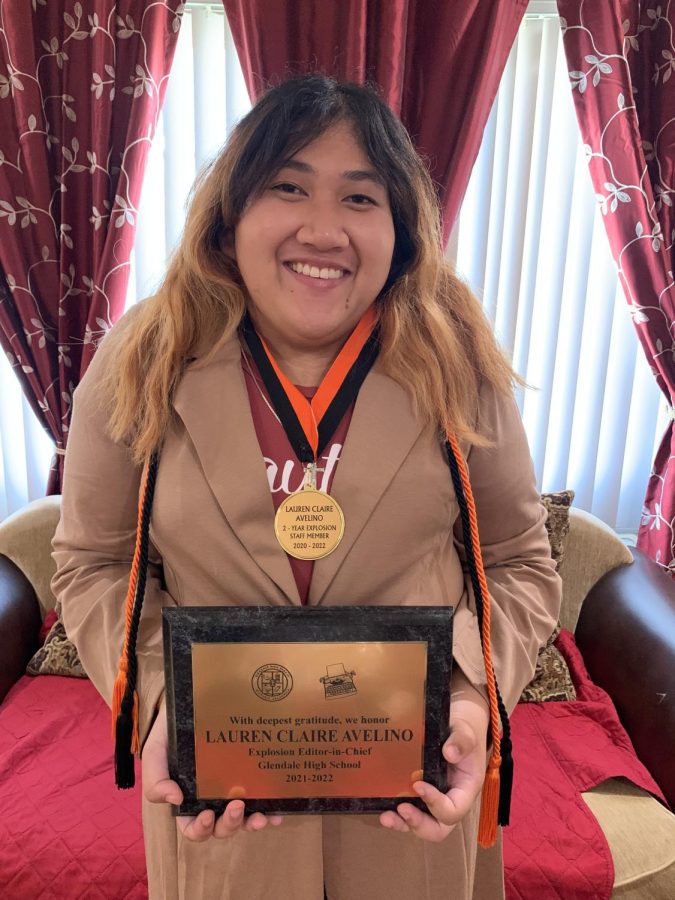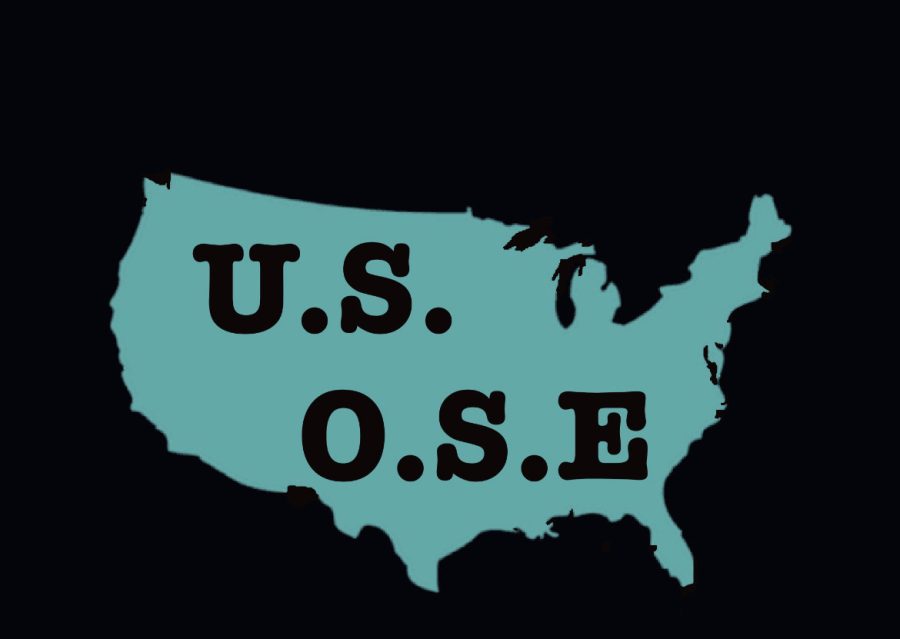Have you ever had the feeling of never being good enough? Where in every task that you do, you are never satisfied with how far you’ve come? Then you may be feeling insecure.
Insecurity is a “feeling of inadequacy and uncertainty.” It leads to people feeling anxious about the experiences that they encounter in their lives. There are various types of insecurities that individuals face, and here are three common ones.
Social Insecurity
Oftentimes, individuals may have trouble meeting new people or having conversations with them because they lack confidence to do so. In an article by Psychology Today, it claims that past experiences can trigger your sense of social anxiety. Writer Melanie Greenberg says that if you grew up surrounded with people who pressured you to always be popular and successful, you may feel “over-sensitized to how others perceive you.”
Talking back to your inner critic and observing the people around you are ways to limit social insecurities. When you are in a situation where you feel hesitant to interact with another human being, have a little self-talk with yourself, and think of reasons why you may be fun to interact with. Furthermore, when you are having a conversation with someone, observe if they are the kind of person that you want to keep in touch with.
Body Image Insecurity
Insecurities also occur when an individual sees themselves as “physically different” from others. In our society today, the media can heavily impact the way we view ourselves. Questions like “Why can’t I have the same body type as them?” can flow into our mind and cause us to feel bad about the way we look.
In a TEDxOttawa video, twin sisters Keisha and Teagan Simpson share how social media had them endlessly comparing themselves to other people. When they interviewed women all over campuses in Canada, these women admitted that being on Instagram makes them “feel compelled to using filters” and “become hooked on getting likes and followers.”
However, this is damaging to our mental health. In reality, when people constantly keep filtering and photoshopping the pictures they post on social media, the likes and comments are actually being directed towards their “altered cyber self.”
In order to improve people’s experiences on social media, Keisha and Teagan suggest that we should stop filtering our photos just to cover up our imperfections. We should embrace who we truly are and not be afraid to open up about our insecurities.
Performance Insecurity
This third type of insecurity is driven by perfectionism. When we want to accomplish certain goals in our personal lives, there are always going to be setbacks that make us feel like we can’t do anything right.
According to GoodTherapy, people who are often perfectionists, strive to complete every task perfectly, because they fear failure. While it is okay to make sure that a task is done correctly, striving for perfection will only cause you more stress and even procrastination.
Checking in with yourself helps tame performance insecurities driven by perfectionism. When you notice that you are constantly overworking yourself, make sure to take a break. After completing a goal and noticing that you are feeling dissatisfied, remind yourself that you tried your best to get to where you are. It may take a while to get used to, but just remember that “something is better than nothing.” As Mr. O’Malley says: “Don’t let the perfect be the enemy of the good.”
Finally, insecurities are feelings that everyone has and it is not specific to one age group. Other ways that you can try to limit these negative feelings are receiving therapy or opening up to a friend or adult that you can trust.
Don’t stop reaching for the goal that you want to achieve, and always focus on the small steps instead of the whole staircase. Remember that no one is perfect, and every individual is unique in their own ways.












